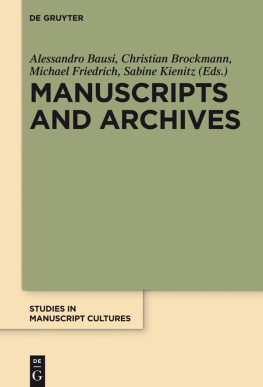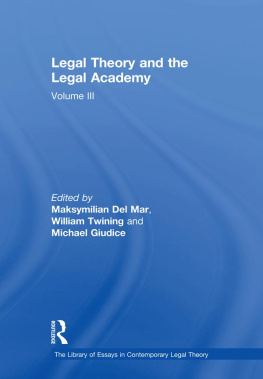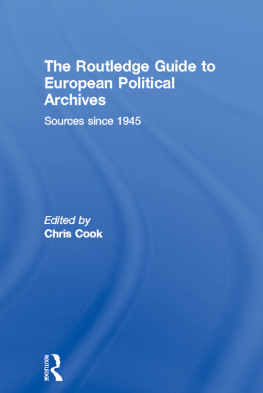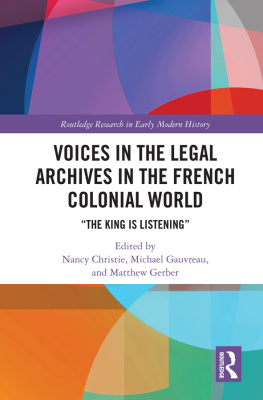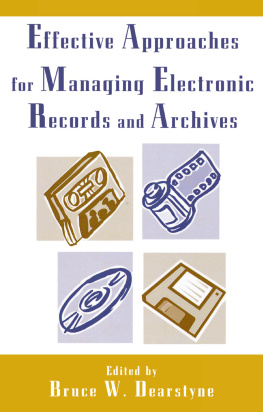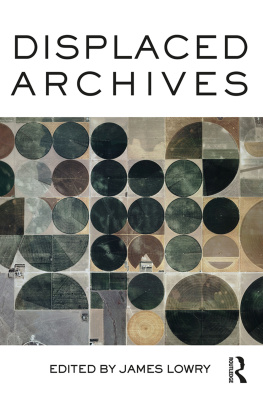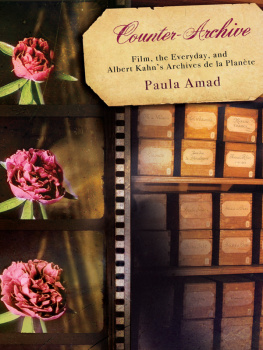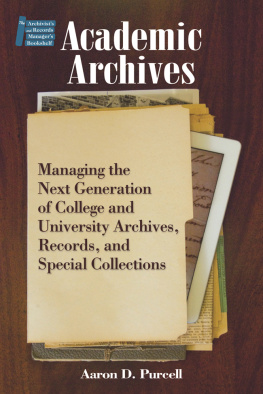Contents
Guide

Manuscripts and Archives
Studies in Manuscript Cultures

Edited by
Michael Friedrich
Harunaga Isaacson
Jrg B. Quenzer
Volume 11
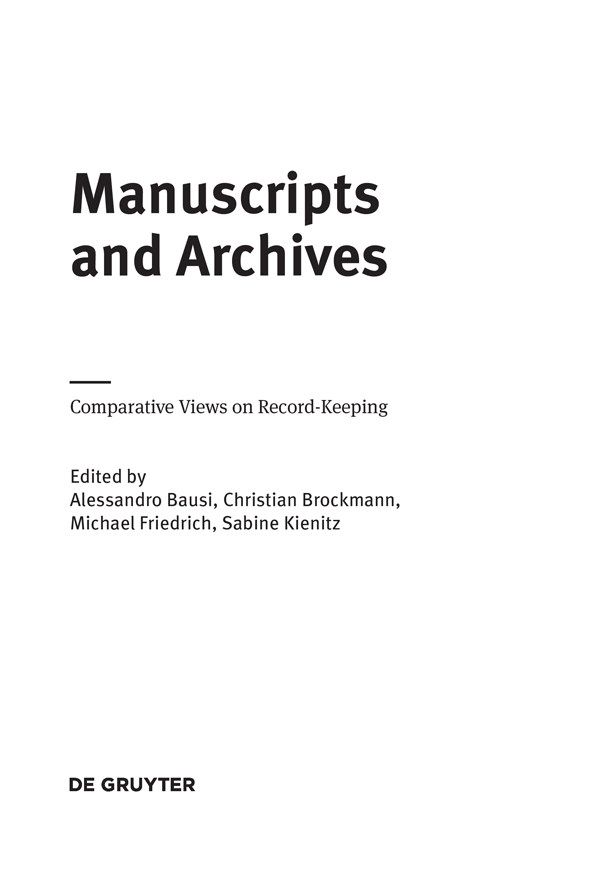
ISBN 978-3-11-054136-6
e-ISBN (PDF) 978-3-11-054139-7
e-ISBN (EPUB) 978-3-11-054157-1
ISSN 2365-9696

This work is licensed under the Creative Commons Attribution-NonCommercial-NoDerivs 3.0 License. For details go to http://creativecommons.org/licenses/by-nc-nd/3.0/.
Library of Congress Cataloging-in-Publication Data
A CIP catalog record for this book has been applied for at the Library of Congress.
Bibliographic information published by the Deutsche Nationalbibliothek
The Deutsche Nationalbibliothek lists this publication in the Deutsche Nationalbibliografie; detailed bibliographic data are available on the Internet at http://dnb.dnb.de.
2018 Alessandro Bausi, Christian Brockmann, Michael Friedrich, Sabine Kienitz, published by Walter de Gruyter GmbH, Berlin/Boston.
The book is published with open access at degruyter.com.
www.degruyter.com

Gianfranco Fiaccadori (19572015) in memoriam
Preface
Manuscripts and Archives is not only the name of a reading room at Yale University Library, but also the title of a British Library catalogue, which spans Manuscripts and unpublished documents; Personal papers, correspondence and diaries; Family and estate papers; India Office Records and Private Papers; India Office Prints, Drawings and Paintings; Photographs. The surprising company of manuscripts, i.e. single written artefacts, and archives, i.e. bodies of documents, is easily understood once the use of the latter term is not restricted to state institutions such as national archives, but seen as comprising all sorts of materials short of or even including printed books.
Considerations of this kind led scholars at the Centre for the Study of Manuscript Cultures at the University of Hamburg (CSMC) to organise a conference entitled Manuscripts and Archives from 19 to 22 November 2014. In their announcement, they wrote:
Archives are collections of administrative, legal, commercial and other records or the space where they are located. They have become ubiquitous in the modern world, but came into being not much later than the invention of writing. Following Foucault, who first used the word archive in a metaphorical sense as the general system of the formation and transformation of statements in his Archaeology of Knowledge (1969), postmodern theorists have tried to exploit the potential of this concept and initiated the archival turn. In recent years, however, archives have attracted the attention of anthropologists and historians of different denominations attempting to treat them as historical objects and ground them again in real institutions.
The archive is traditionally considered the counterpart of the library, the one storing records, the other housing literary works or books. There is evidence, however, that this institutional division of labour is neither natural nor necessary, but reflects certain historical and social constellations. In societies with elite literacy, for example, records, letters as well as books and even artefacts may be kept together in the same place, or books may be used for recording important events and legal acts in the margins and in the blanks. On the other hand, complex organisations such as courts, states, temples, monasteries and others as a rule develop institutional ways to deal with the documents they produce, from exclusive places of storage to employment of professionals whose only task is to guard them and to keep them for eventual use.
The conference will explore the complex topic of the archive in a historical, systematic and comparative dimension and try to contextualise it in the broader context of manuscript cultures by addressing the following questions: How, by whom and for which purpose are archival records produced? Is there any observable difference between literary manuscripts concerning materials, formats or producers (scribes)? Where are they stored, how organised? Are there other objects stored together with the records? Which practices are involved inside the archive, and how and by whom are they used? Is there a term or a concept of the archive as opposed to library, museum, cabinet (of curiosities) and the like? Is there a relation to historiography? Is there an archival science (archivology)?
Eight of the seventeen original papers have been published in this volume in addition to five other contributions that have been specially commissioned for it. The saddest lacuna here is the paper by Gianfranco Fiaccadori (19572015) entitled Archives in Ethiopia and Eritrea: from Antiquity to Early Modern. A Historical Survey as the author passed away before he could deliver it to print. As a tribute to him, we have dedicated this volume to the memory of this great scholar.
The Prologue of this work contrasts two contemporary modes of archiving: modern institutional practices represented by Archival Science on the one hand and traditional ways of keeping documents on the other hand, such as those used in Himalayan villages. This Gleichzeitigkeit des Ungleichzeitigen shows that, despite all differences over time and space, the desire to store written artefacts and to do so in a more or less organised manner for at least some time is deeply rooted in many cultures that use the technique of writing. Dietmar Schenk addresses archival practices from a practitioners point of view. Drawing on classical authors from Archival Science since the late nineteenth century and on more recent developments in this field, he emphasises a broader interpretation of the famous principle of provenance, which requires the archiver to keep any items together that come from one and the same source. Since these items may not just include what are traditionally considered to be archival records, but literary manuscripts, non-textual artefacts and other objects as well, he suggests taking this as a starting point for comparison. In stark contrast to these modern notions, archival practices in remote areas with their own distinct traditions are little known in the outside world. Charles Ramble provides insights into one of these traditions, namely the archives of Tibetan communities in the Himalayas. He illustrates the differences between books and documents with regard to terminology, form, script, content, material and storage. Documents were and are either kept in cloth wallets and in trunks made from leather or metal or in wicker baskets and sacks, which are often suspended from the rafters to protect them from rodents. Recently discovered archives provide important information on social stratification, taxation, jurisdiction and the relationship between people and state. These documents, which are often fragile, offer glimpses of a world otherwise not accessible any more since Chinese communists destroyed most of the archives after Chinas occupation of Tibet.
The second section of the present volume, The Ancient World up to Late Antiquity, covers three millennia and combines case studies with diachronic surveys from the ancient Near East, from ancient and Greco-Roman Egypt, early Imperial China and early Christianity. Dealing with archives and libraries of private households, temples and various levels of administration up to imperial courts, the contributions to this section provide overwhelming evidence of the necessity of taking a fresh look at the seemingly clear-cut distinction between both means of storage. In many cases, it is difficult to uphold this distinction, while in others, especially those connected to state power, there obviously existed institutions serving various functions.

